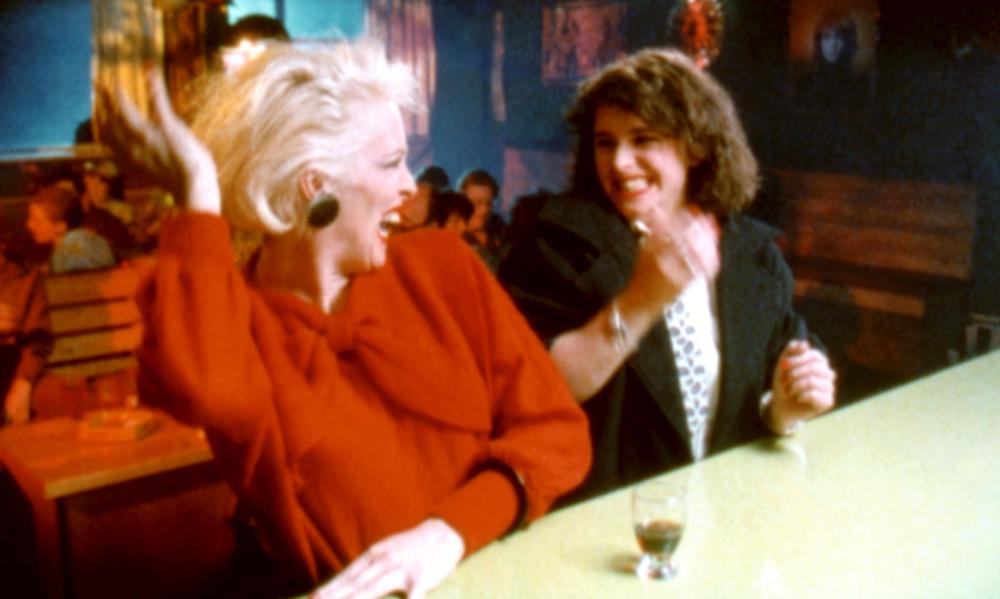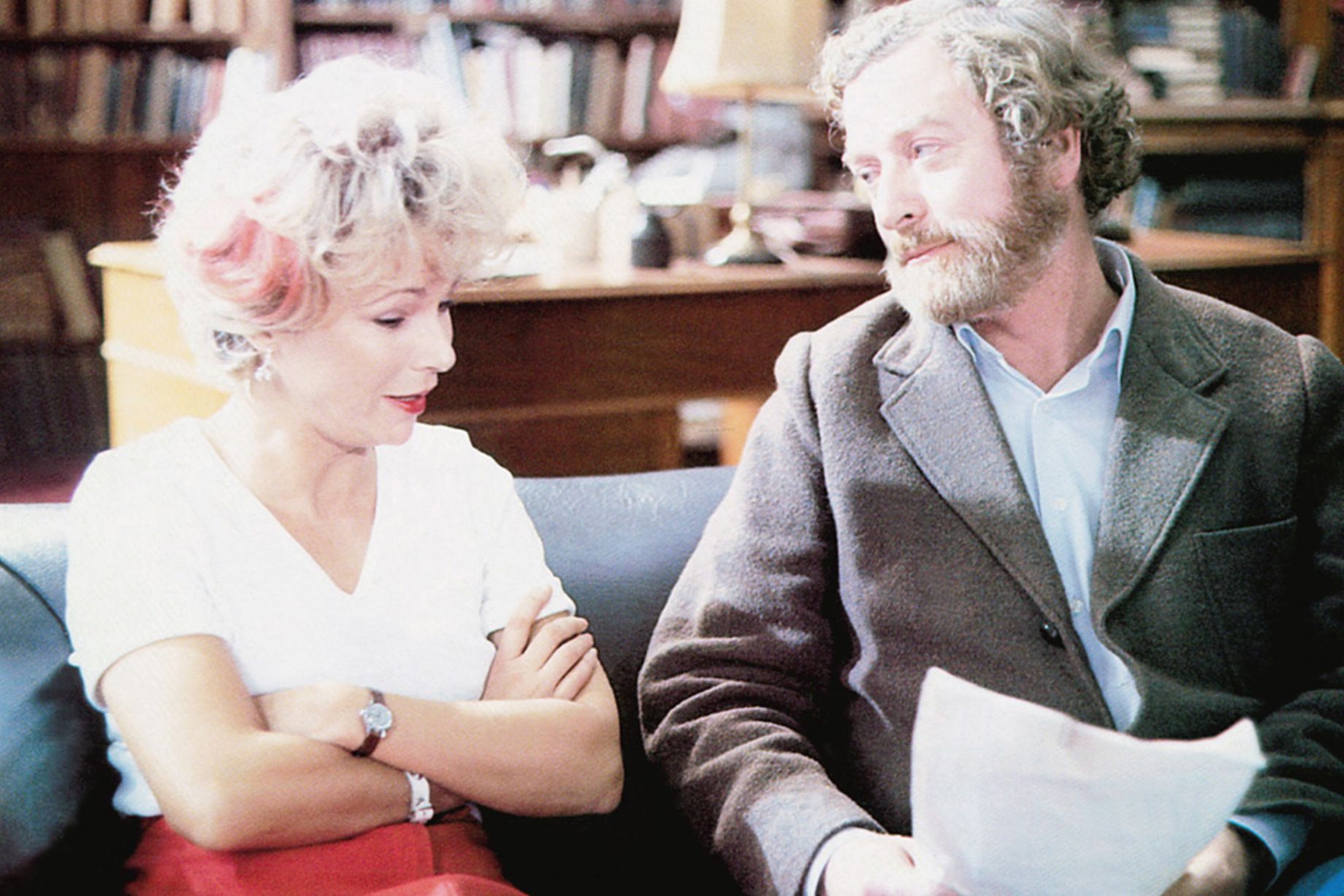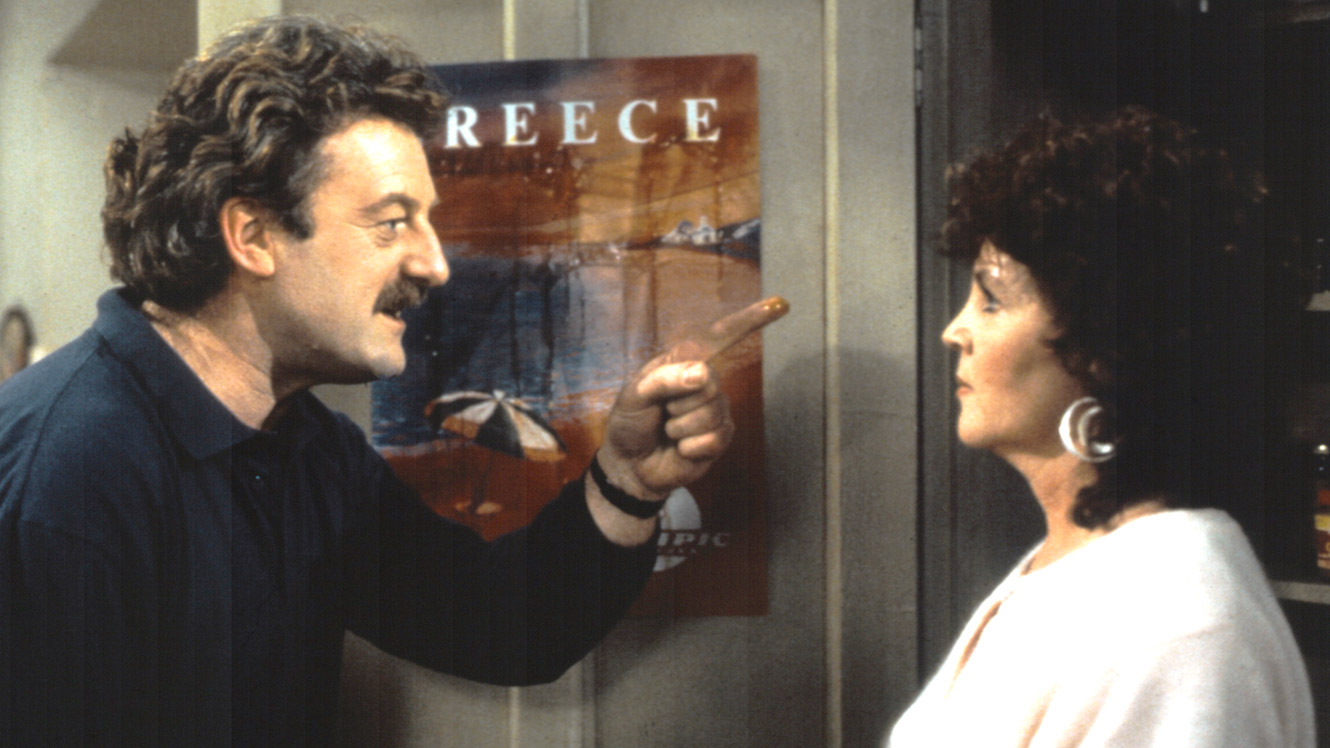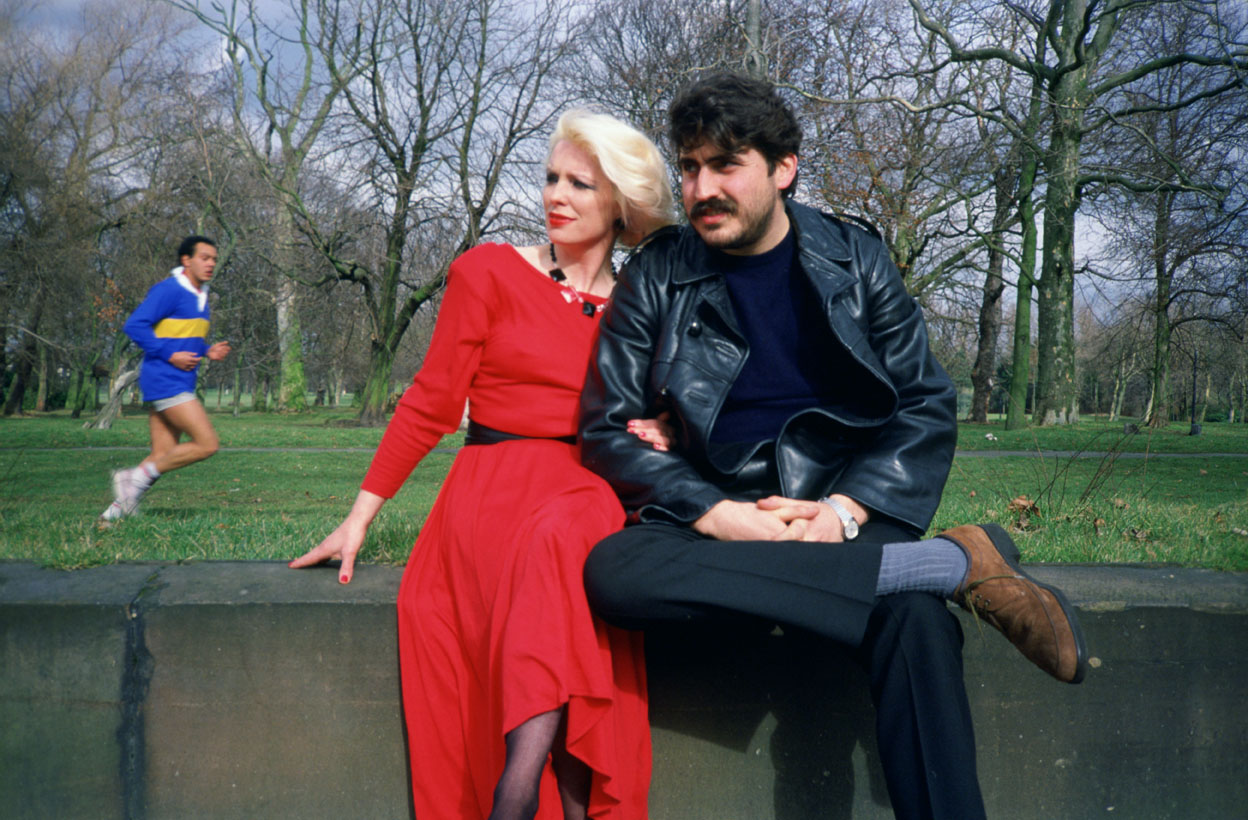By the time that Margaret Thatcher had won her second general election in 1983, Liverpool was already sinking into financial ruin, and bracing for worse to come. It was the same year that Julie Walters played a working class Liverpudlian woman seeking liberation through learning in Educating Rita. And the decade would be as defined by such defiant cinematic portrayals of the city as it was by working class struggle and a mass movement of militant opposition to it. Joining Rita in this wave of movies would be a pair of young women from Kirkby partying their paltry wages away and romancing sailors in Letter To Brezhnev, and a Scouse housewife realising she was meant for more than just serving egg and chips to a passionless husband in Shirley Valentine.
“When Theresa May’s political slogan boasts of ‘building a country that works for everyone’, we can look at some parts of Liverpool, and say, ‘Aren’t Tories full of shit?’ in the same manner as Shirley Valentine did about men.”
These were movies which provided rare, empowering glimpses of working class Scouse women resisting hardship to explore and proclaim their immense self-worth. And in doing so, Liverpool was provided a platform with which to do the same against a Tory government that repeatedly failed to acknowledge the immense value of the city. In 2017 it’s difficult to look back at these movies and that era without feeling a chilling sense of repetition. The economic fracas, government cuts and mass unemployment have all made a return, as have certain parts of the city being among the most deprived in the country. When Theresa May’s political slogan boasts of “building a country that works for everyone”, we can look at some parts of Liverpool, and say, “Aren’t Tories full of shit?” in the same manner as Shirley Valentine did about men.
Which is exactly why these three movies are deserving of a cultural resurgence. Though all three admittedly feel dated in some ways (most notably in their lack of inclusive storytelling, particularly for a city as proudly multi-cultural as Liverpool), all three still provide compelling political and social commentary that feel painfully relevant to this day.
Letter To Brezhnev (1985)
Beginning with a visual salvo in which Liverpool’s ostentatious skyline is strutted out proudly beneath an overcast sky, Chris Bernard’s romantic dramedy is full of contrasts. Bernard rightfully presents Liverpool as being grand and romantic, but that bleak overcast vision never quite leaves the frame, showing a magnificent city that was continually under threat by an encroaching darkness.
For the main story, we’re invested in the whirlwind romance between unemployed Scouser Elaine, and a Russian sailor named Peter. But their struggle to remain together is less about love and more a radical rejection of the Thatcherite capitalism that was dismantling the city at the time. When Elaine eventually decides to leave Liverpool for Peter she says, “Going to live in Russia can’t be any worse than living here,” drawing a radical comparison between the much-criticised living conditions under the Soviet Union and those of Thatcher’s Britain.

Where these contrasts are best represented, however, are in the character of Teresa, played by Margi Clarke. In one of the movies most striking and memorable scenes, the character changes from her chicken factory work clothes into a jaw-dropping ensemble that makes her look like a post-punk Marilyn Monroe. The statement is clear: Teresa might be performing degrading work, but she refuses to embody that degradation as part of her identity. Despite hardship, Teresa was capable of transcendence and grace, and as a city Liverpool was too. In fact, it very much still is.
Educating Rita (1983)
Though Rita embodies many crass stereotypes of working class Northern women by being overly-talkative, loud and brash, the character also subverts such reductive portrayals too. She’s uneducated in a traditional sense, but she’s also shown as being full of natural, profound insight, and doesn’t want to be trapped by the forced expectations of her class or gender. Simply, she sees receiving a university education as providing her with a rare opportunity for autonomy and choice. So when Rita’s husband, Denny, throws away her contraception and burns her books, his actions exemplify just how much of a threat female autonomy presented to domestic power structures at that time.

But Rita’s journey also highlights the beneficial intersections between the struggles of the working classes and those of women. The power of knowledge is portrayed to be just as liberating for Rita’s gender identity as it is in providing her the power of choice to surpass the habitual trappings of her class. It’s worth noting that at the time many working class Scousers were themselves refusing to accept their lack of choices in life. Like Rita, they were seeking knowledge, except they were sharing it with each other in pubs as a means for fighting back against an unjust government, and maintaining their own entitlement for choice and their rights as workers.
Shirley Valentine (1989)
Similar to Rita, Shirley represented the concerns of many working-class housewives who felt trapped in the assumed obligations of their gender. Where Shirley differed, however, was in how she felt overworked and underappreciated by her husband, reflecting the frustrations of a city whose needs and concerns had been carelessly ignored by the government, just as Shirley’s husband had done with her. Released at a time when Liverpool’s independence from the UK was a hotly debated topic among local militant groups (and in Parliament), it was easy to relate to Shirley as a woman, but also as a Scouser, desperate for freedom.
In an era currently defined in part by an uncertain Brexit future, Shirley’s abandonment of Liverpool, and most importantly of a lacklustre Britain, for the carefree, sizzling climates of Greece, feels significant for those of us who voted to remain in the EU. If given the chance, it’s uncertain whether most Scousers would happily vote to remain in Britain any longer given the repeated government failures committed against the city. But at the very least, most working class Liverpudlians would likely be satisfied with shoving the figurative egg and chips of their everyday frustrations in the face of the Tory government, in the same way that Shirley eventually threw the dinner in her own husband’s face. And for those of us who currently feel blighted by the actions of the Tory government, we can all take some comfort from that thought.

